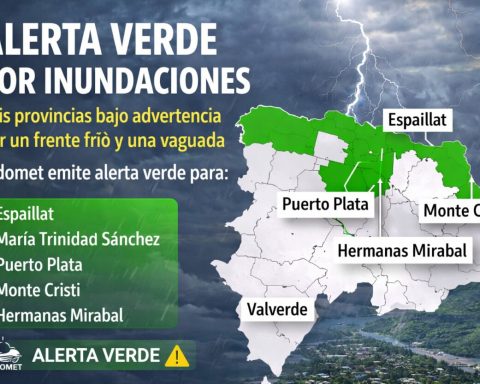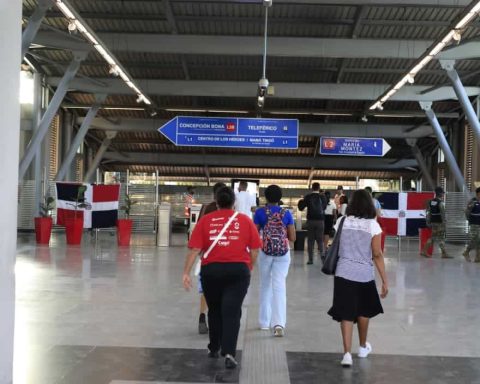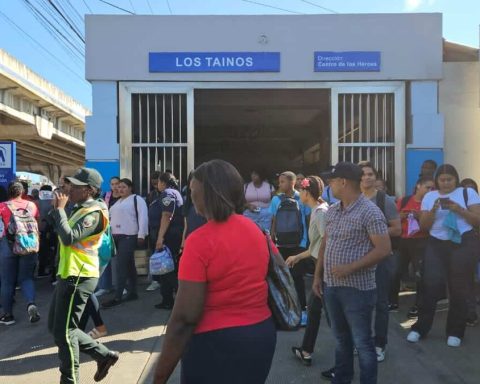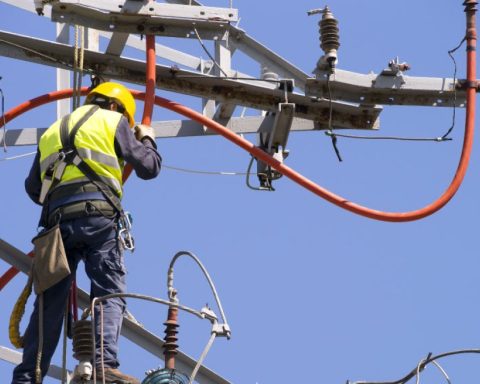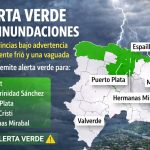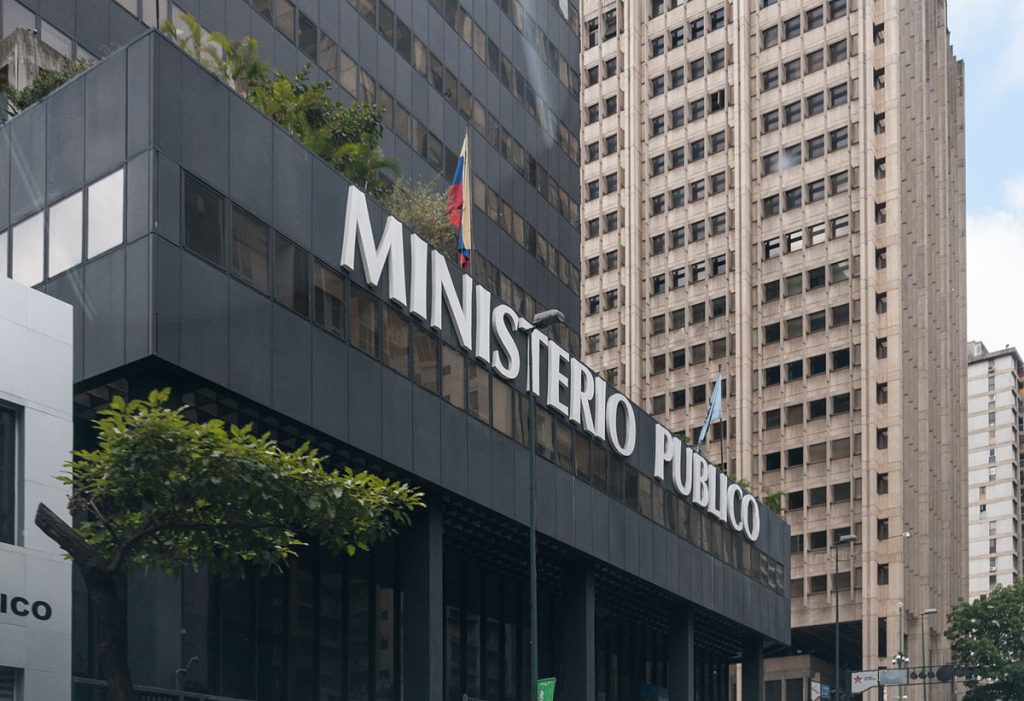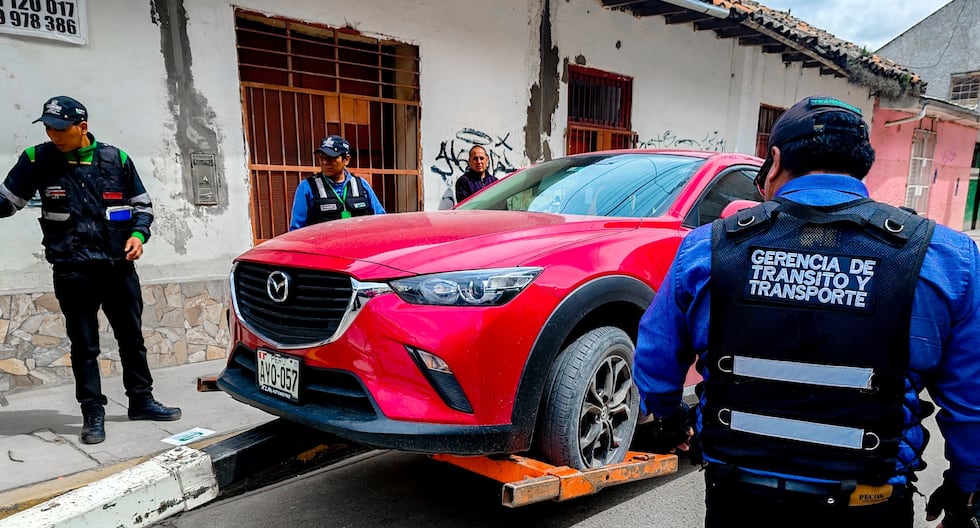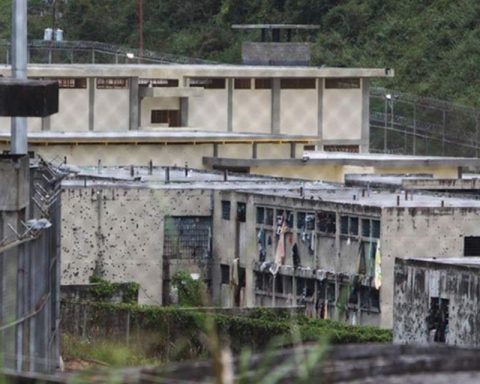To achieve development, the Dominican Republic must promote innovation and the sustainabilityaccording to Laura Rojas, executive director of Nature Power Foundation.
“We believe that with efficient and inclusive models we can transform people’s lives, closing social gaps and promoting a more sustainable future,” said Rojas in an interview with Free Diary.
Nature Power Foundation has impacted more than 20,000 people in vulnerable communities through programs that improve the quality of life with access to drinking water, energy, decent housing, entrepreneurship, training, technology, WIFI connectivity and waste management. These achievements have been achieved thanks to public-private alliances, international cooperation and the private sector.
History and approach
Founded in 2017, the organization was born to respond to the needs of most vulnerable communities of the country, who face deficiencies in basic services such as water, energy and decent housing.
“We work in an innovative, sustainable and focused way community empowermentguaranteeing that, once our intervention is completed, the communities can maintain the projects on their own,” explained Rojas.
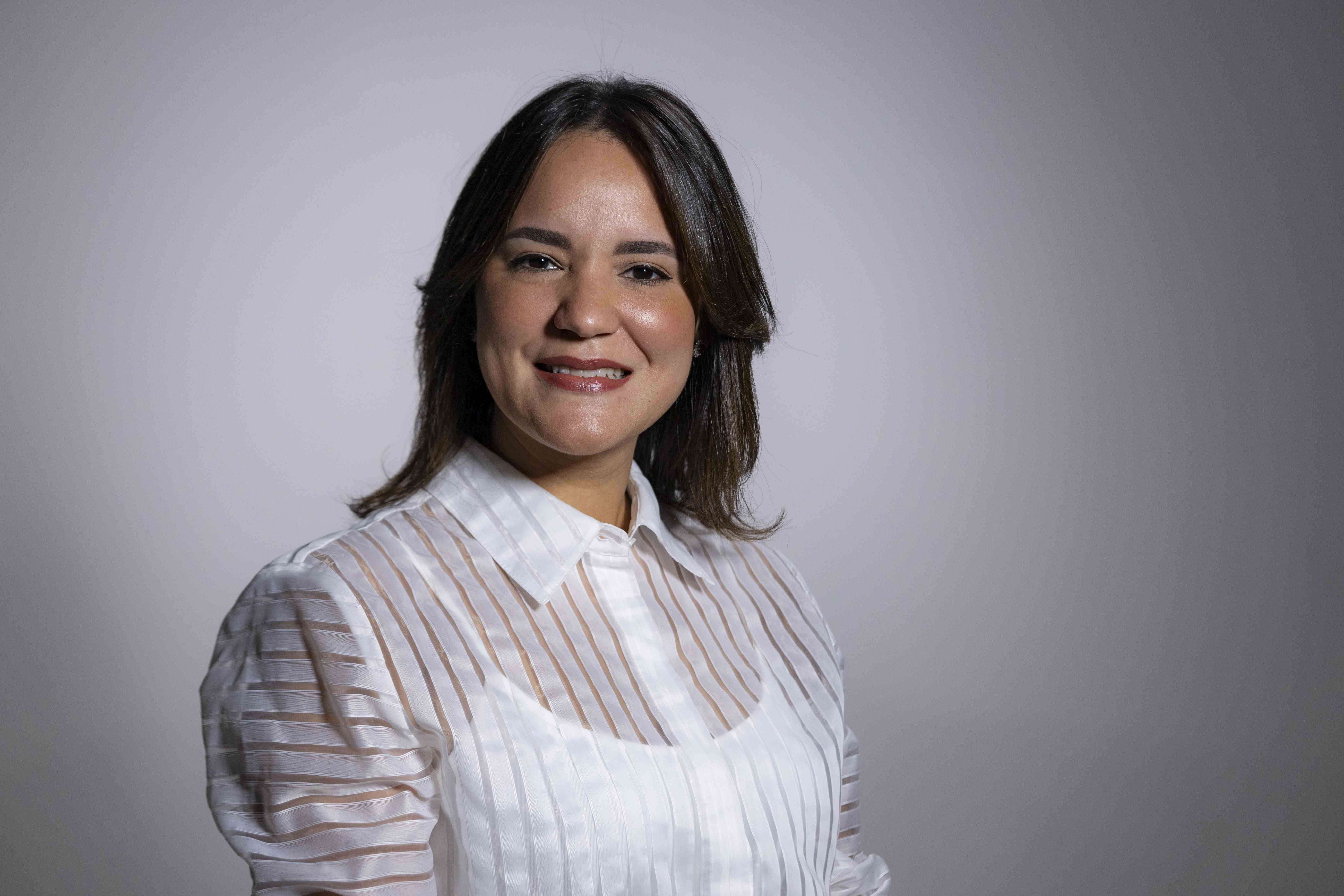
The foundation’s intervention model combines economic and environmental sustainability. Among its initiatives are:
- Renewable energies: Installation of solar panels and micro-power plants for isolated communities.
- Drinking water: Construction of aqueducts with solar pumping systems and ultraviolet light filters.
- Decent housing: Use of innovative materials such as recycled plastic.
- Entrepreneurship projects: Support for local initiatives such as fish farming and ecotourism.
- Community governance: Formation of committees that ensure the sustainability of the projects.
Impact and results
According to data from the 2022 Census, around 1,270,080 people in rural areas lack access to water in their homes. Nature Power Foundation has built 18 sustainable aqueducts, benefiting 15,000 people. These aqueducts use technologies such as solar pumping, gravity and biosand filters.
The executive details that the cost to eliminate energy deprivation for 250 people for life is 35,000 pesos per person. The foundation has built three solar micro power plants in the south of the country, providing permanent energy to 1,200 people. Likewise, the first self-sustaining community, Nature Villagerequired an investment of 70 million pesos, of which 15% was contributed by the community.
Also, Rojas explained that more than 500 solar panels installed generate 320 kWp per year, reducing dependence on fossil fuels and reducing CO2 emissions by 330 tons per year.
In the housing area, he reported that more than 50 ecological homes in provinces such as Azua, Elías Piña and Sabana Yegua Viejo. Of these, 34 houses used 6,500 pounds of recycled plastic per unit, benefiting 150 people with decent spaces, access to energy, drinking water, bathrooms, separate rooms and gardens.
Environmental sustainability
Nature Power Foundation has also diverted 18 tons of plastic waste from landfills and educated more than 10,000 people about recycling and waste management. The initiative e-Delivery has promoted the use of 324 electric vehicles, reducing pollution in the transportation sector.
Future projections
In seven years, data indicates that the foundation has mobilized around 4 million dollars to transform vulnerable communities in inclusive and sustainable environments. “Thanks” to 50 strategic allies, it has strengthened collaboration networks that empower communities. Looking to the future, Nature Power Foundation plans to expand its projects in the Dominican Republic and other countries in the region, promoting sustainability and social inclusion.

